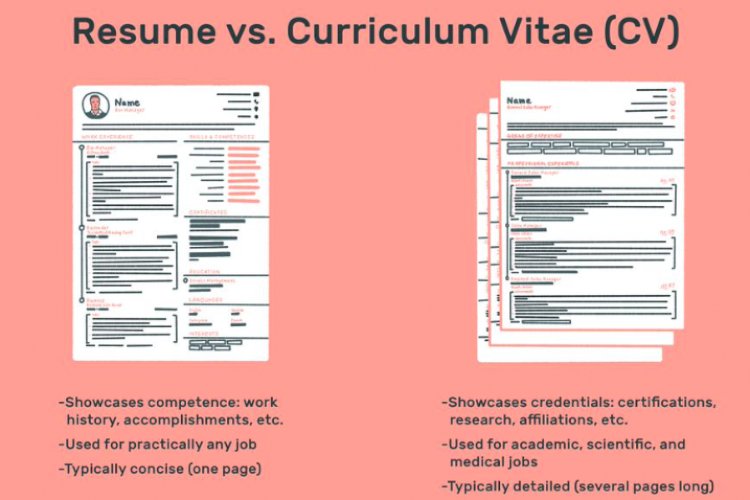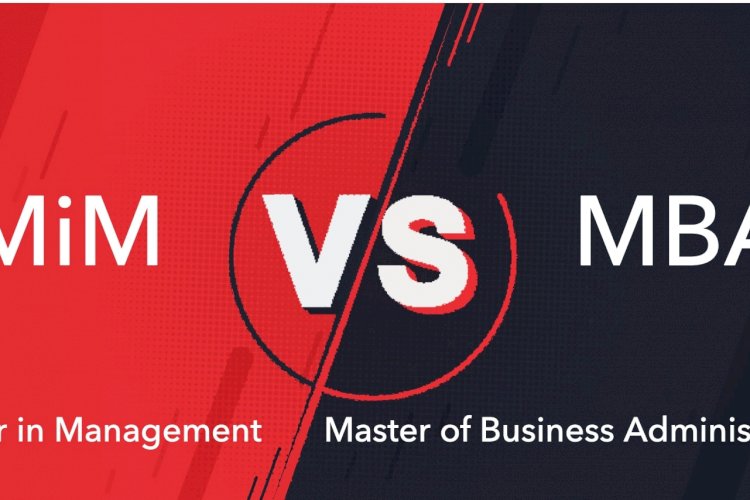
Which one do you have to choose if you have experience in a high position or own your own business?
Executive MBA is a training program designed for business owners and top managers with a work experience of seven years or more. The training includes a lot of practice: analysis of business cases, project execution, business games, simulations, and many more. In addition to the classic MBA subjects, students study international business practices and often have the opportunity to personally communicate with the heads of large companies.
Who does it suit?
The content and specifics of EMBA are designed for business owners, owners of medium and large enterprises, and top managers. However, in order to be accepted for an EMBA program, it is not just enough to pay for the training. The top Business Schools place even higher requirements for EMBA applicants than on MBA applicants. Ultimate requirements vary from school to school, but the approximate list is as follows:
- management experience from 2 to 7 years,
- a higher education diploma,
- knowledge of English,
- recommendation letters from business partners
- a well-written motivational letter or essay describing the motivation for the upcoming training
It is suitable for you if you fulfill these requirements are also want to:
- Develop thinking aimed at creating effective management strategies.
- Exchange experience with top managers of domestic and foreign enterprises.
- Form new business relationships.
- Apply this knowledge in practice – in managing your own business or Department.
- Improve your leadership skills.
Advantages of an Executive MBA
Executive MBA training is a long-term investment that allows you to gain valuable skills for the development of your business.
- EMBA provides an in-depth study of modern managerial techniques.
- The EMBA diploma is highly valued in the world market and increases the chances of getting employed by a global company.
- The EMBA program will aid you in the conscious construction of a career with powerful career growth.
- The salary growth of EMBA graduates 2-3 years after graduation is at least 50%
If the program includes foreign modules, or the group itself includes students from other countries, then students have the opportunity to establish international relations, exchange business experience, and learn the business mentality of other people.
 MBA Center Global
MBA Center Global 
























